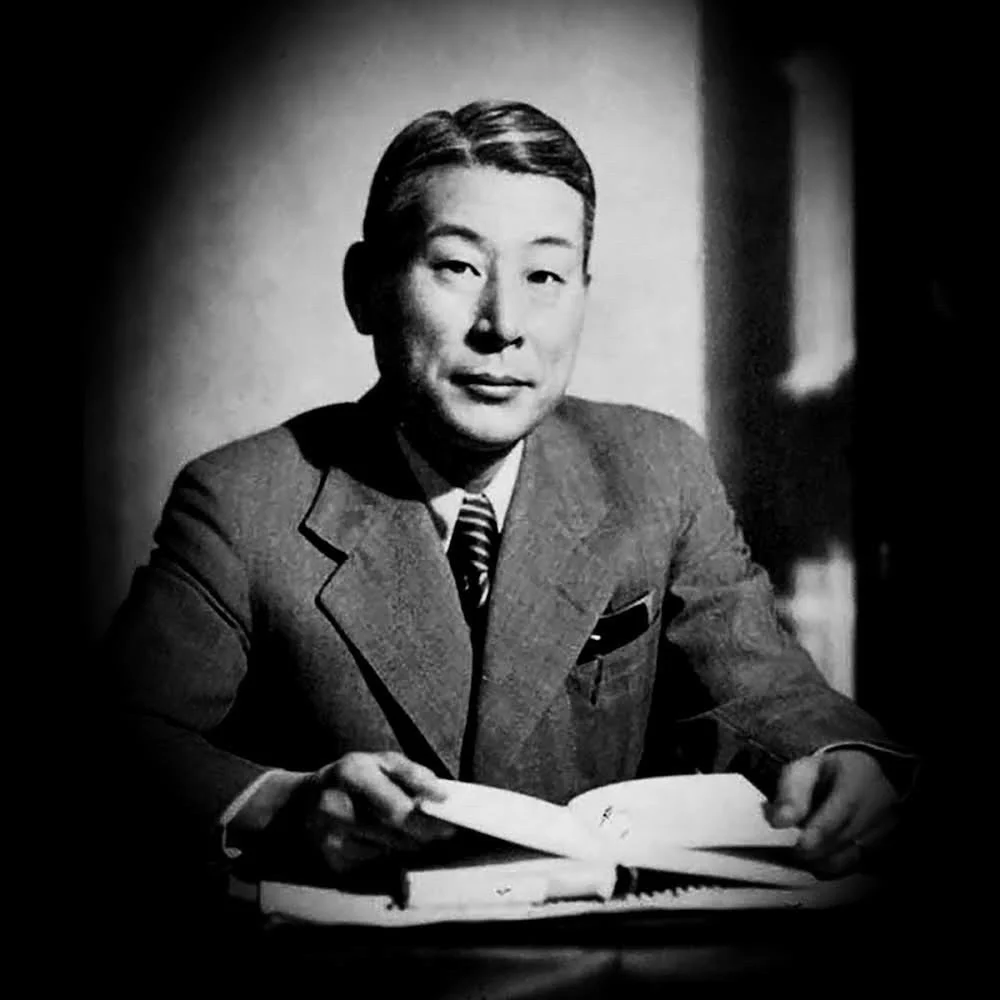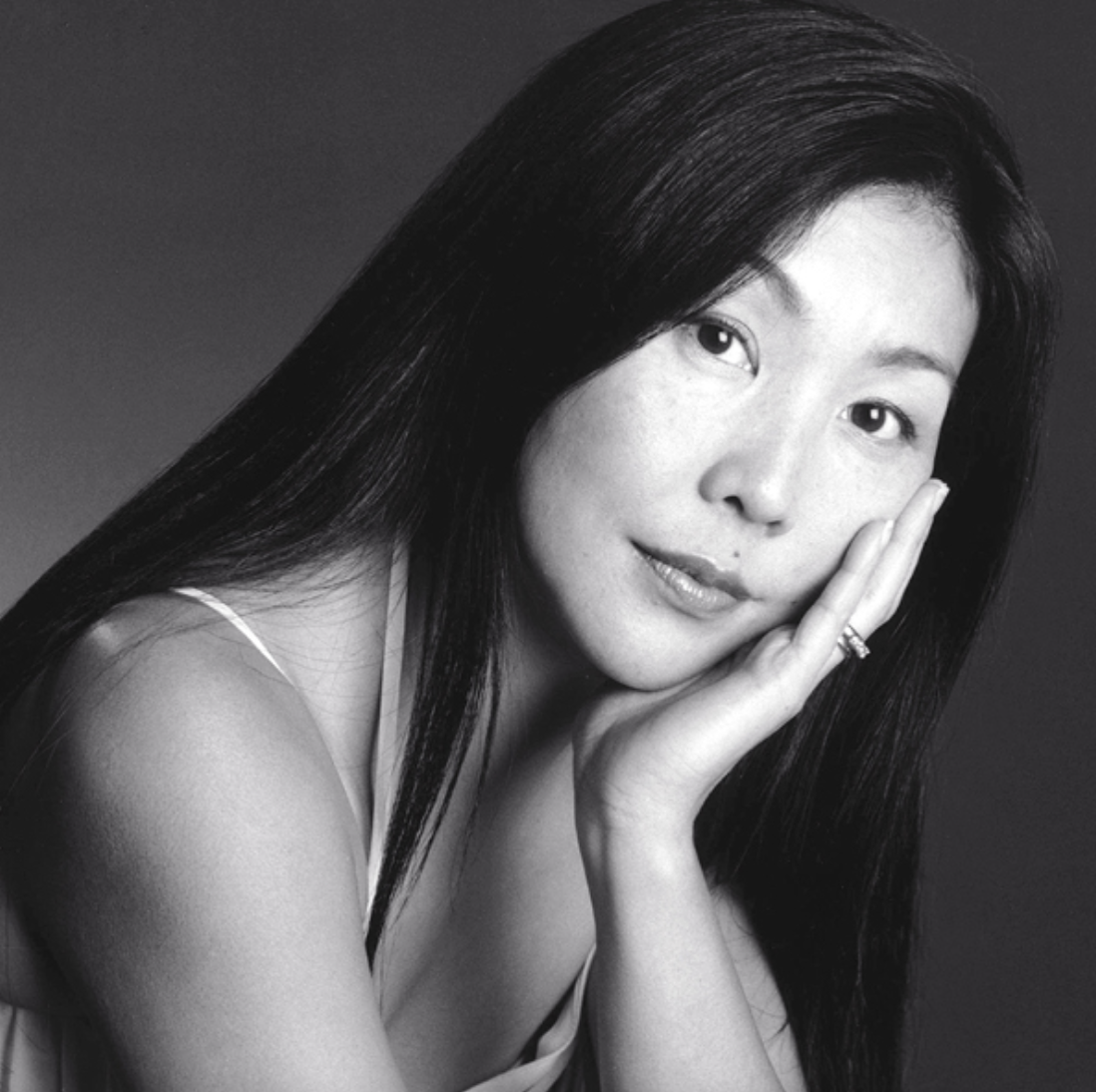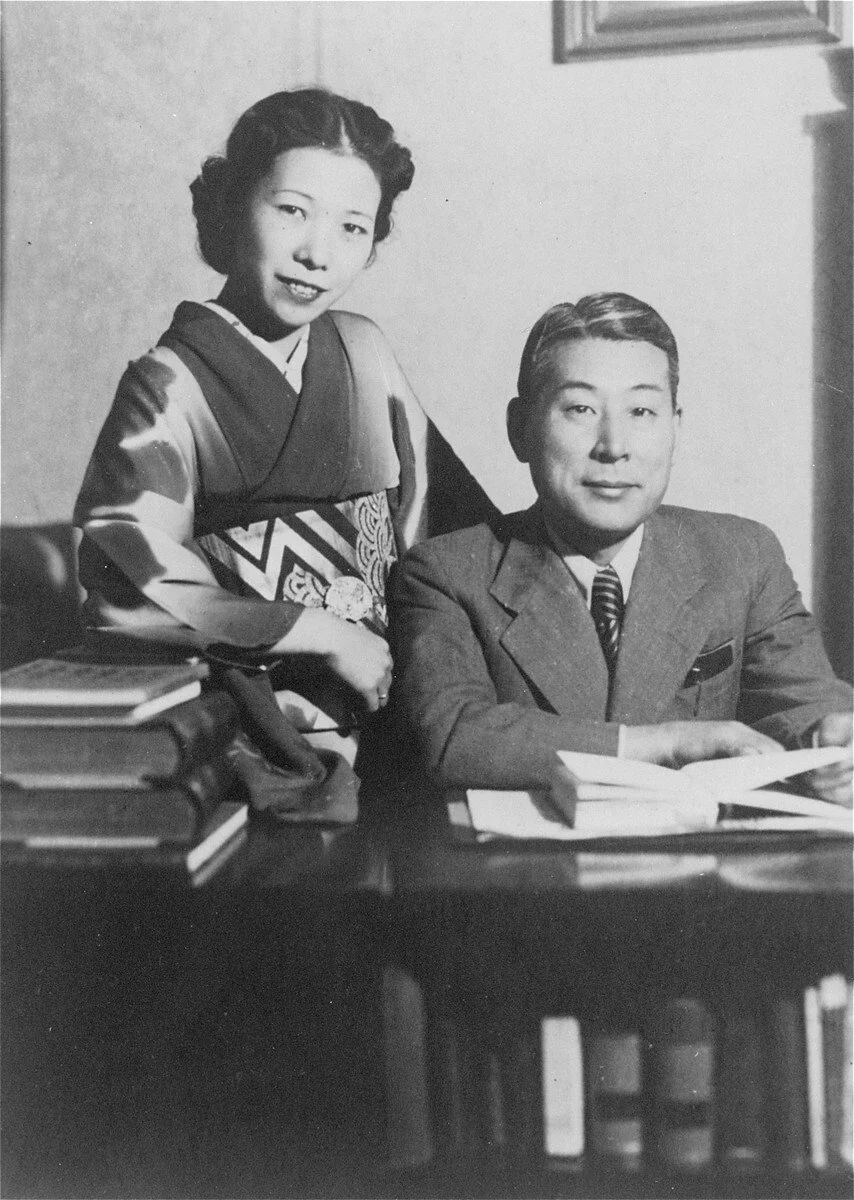Vancouver playwright Manami Hara tells diplomat hero Chiune Sugihara's life story in new ways
The late Japanese consul in Lithuania helped some 6,000 Jewish people flee Nazi-controlled Europe
Chiune Sugihara.
The Firehall Arts Centre, in association with Vancouver Asian Canadian Theatre, presents Courage Now from November 19 to December 4. Opening night is November 23; post-show talkbacks take place November 24 and December 1
CHIUNE SUGIHARA IS also known as “the Japanese Schindler”. Born in 1900, he was a diplomat who served as Japan’s consul in Lithuania when World War II was escalating across Europe. Along with his wife, Yukiko, and their children, he lived in the capital city of Kaunas. His primary role was to monitor the movements of Soviet and German troops near the Russian border. During his time there, Sugihara came to know many locals, including some of Jewish heritage, who were growing increasingly fearful of the Nazi regime. Going against his own government orders, Sugihara spent the month of August 1940 issuing some 2,000 transit visas—writing them by hand day in, day out—to Polish and Lithuanian Jews, giving about 6,000 people a chance to flee. Some of the survivors have families living in B.C. today.
Vancouver playwright Manami Hara came to know the story of this remarkable man—who lived in relative obscurity after he was pressured to resign from the foreign ministry in 1947—about 12 years ago.
In a phone interview with Stir, Hara explains that it was her mentor, former teacher and colleague Jane Heyman, who first shared Sugihara’s story with her. Sugihara issued visas to Heyman’s Warsaw-born parents, Stefan and Marta, who eventually made their way to Vancouver. A theatre director, dramaturg, and longtime force at Studio 58, Heyman was appointed a member of the Order of Canada last year.
“He saved Jane’s parents,” Hara says. “That’s the reason she’s alive. It’s quite an extraordinary story.”
Heyman was aware of a script by a Japanese playwright about Sugihara’s life and wondered if Hara could help bring a translated version to the stage in Vancouver. That was the start of a winding journey to Courage Now, Hara’s new play that is about to have its world premiere at the Firehall Arts Centre.
Manami Hara.
Years in the making, the 90-minute play grew out of several different versions of the original script, after Hara had travelled to Japan to get the playwright’s permission to stage it in Canada. After many workshops, however, none of the iterations seemed to hit the right note. Then about seven years ago, an idea came to Hara, who was born in Tokyo and studied theatre at Studio 58. “I thought I could write the story from two women’s perspectives: one of Yukiko, his wife, and one from a child survivor,” she recalls. “From then on, I started writing the play through these two women’s connection.
“The story of this extraordinary man and his big heart, his responsibility to other human beings, just stuck with me,” she adds. “His relationship with his wife was also very extraordinary, very modern. I was intrigued about their relationship and about stories of child survivors, about the lives of these people and what they went through.”
In making Courage Now, Hara spent years researching Sugihara’s life and legacy and spoke at length with Michi Sugihara, the diplomat hero’s daughter-in-law, and her two children, Chihiro and Madoka.
“It was really important for me to talk to the Sugihara family,” Hara says. “They have been so giving and open-hearted. I heard lots of incredible stories and learned a lot about family dynamics.”
Hara takes on the role of Yukiko in Courage Now. “I’m honoured to play her,” she says. “She’s such a complex character, and there are not that many strong Japanese-women roles. She’s spirited and wacky. I was so intrigued learning about her and really became attached to her.”
It wasn’t until 1985 that Israel officially recognized Sugihara for his bravery, giving him the designation of “Righteous Among Nations” at the Holocaust Memorial in Jerusalem. Since his death in 1986, Sugihara has been memorialized in his hometown of Yaotsu, Japan, as well as in Kaunas (now Kovnos). In 2000, Japan celebrated the centenary of his birth. Yukiko died in 2008.
Yukiko and Chiune Sugihara.
Directed by Amiel Gladstone with Carmen Aguirre as dramaturge, Courage Now incorporates Japanese and English. Hara says she’s thrilled to bring the Sugihara’s story to the stage in a new way and that she has been buoyed by the support of so many people, including his family; the work’s cast and crew; the Firehall; the Jewish community; and Vancouver Asian Canadian Theatre and its former artistic director, Donna Yamamoto, to name a few.
“The pure joy of production makes my heart sing,” Hara says. “When people have that experience of live theatre, there’s nothing like it. You can feel the vibration, the heartbeat, of the audience. The audience is part of the theatre. You can’t do storytelling without an audience. I love that partnership. It’s a culture that I think will save human lives moving forward.
“It takes a village to raise a child and it also took a village to make this play,” she says. “My village has really had my back.”
















